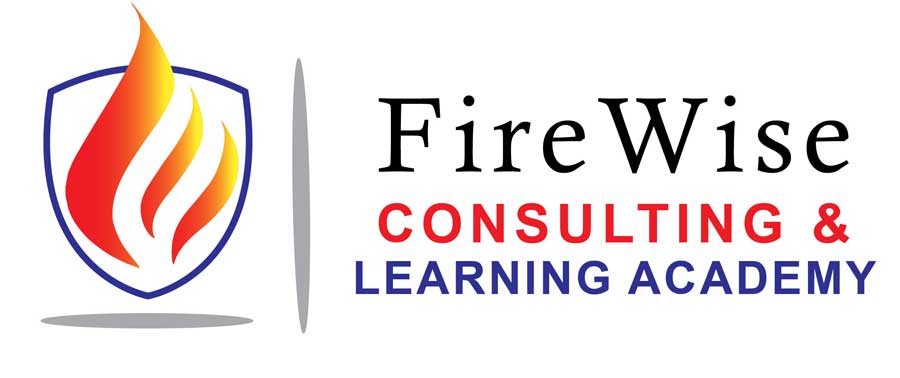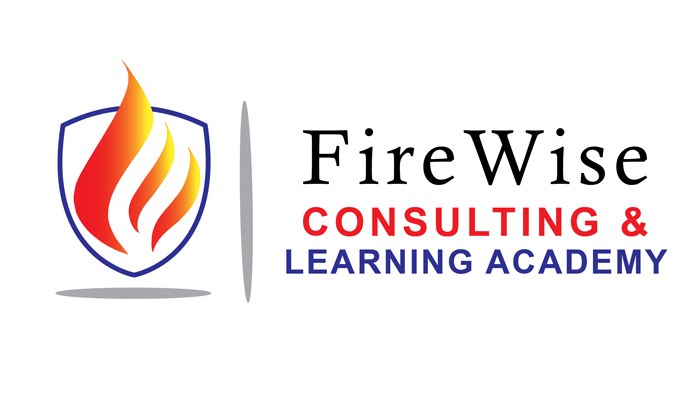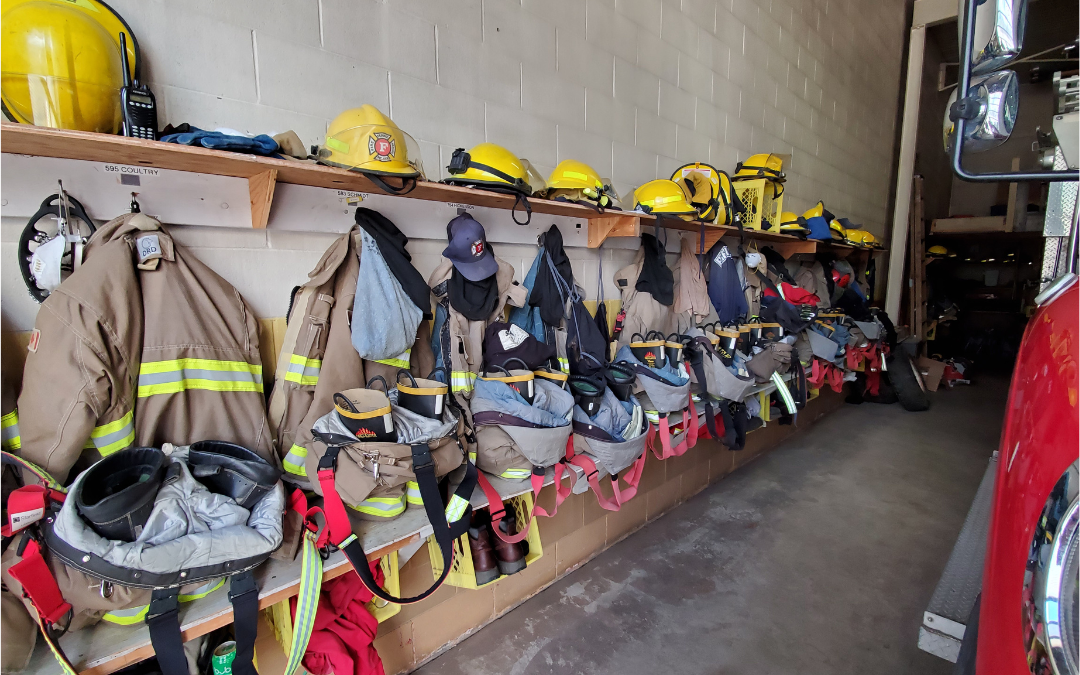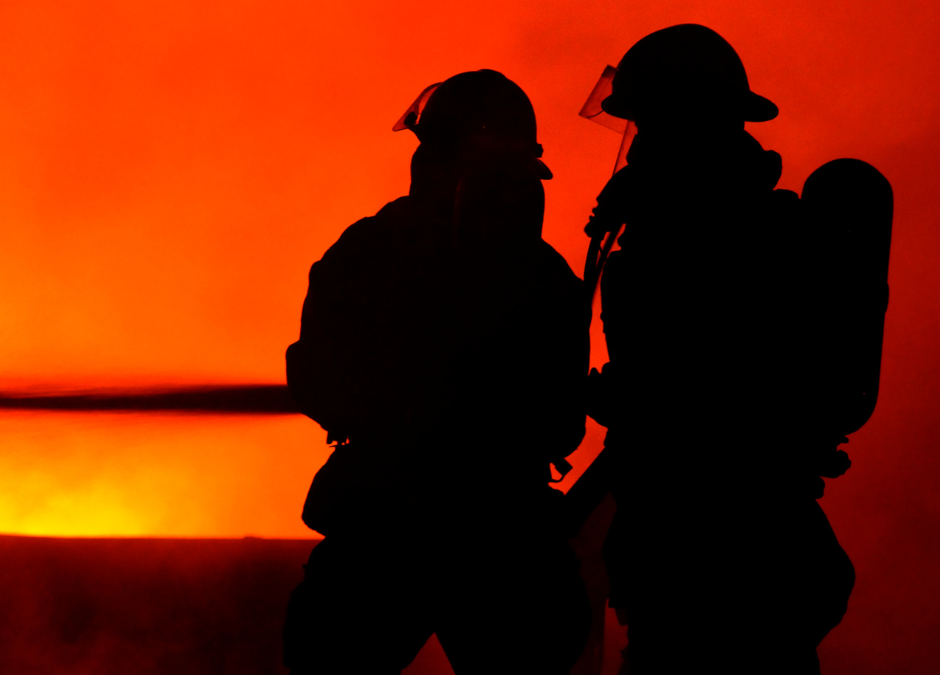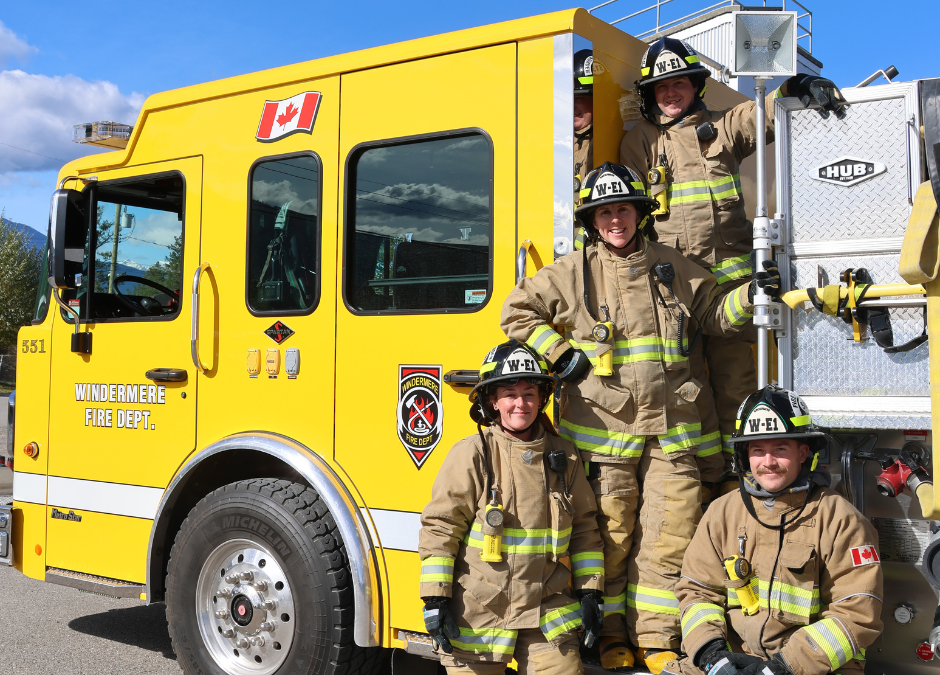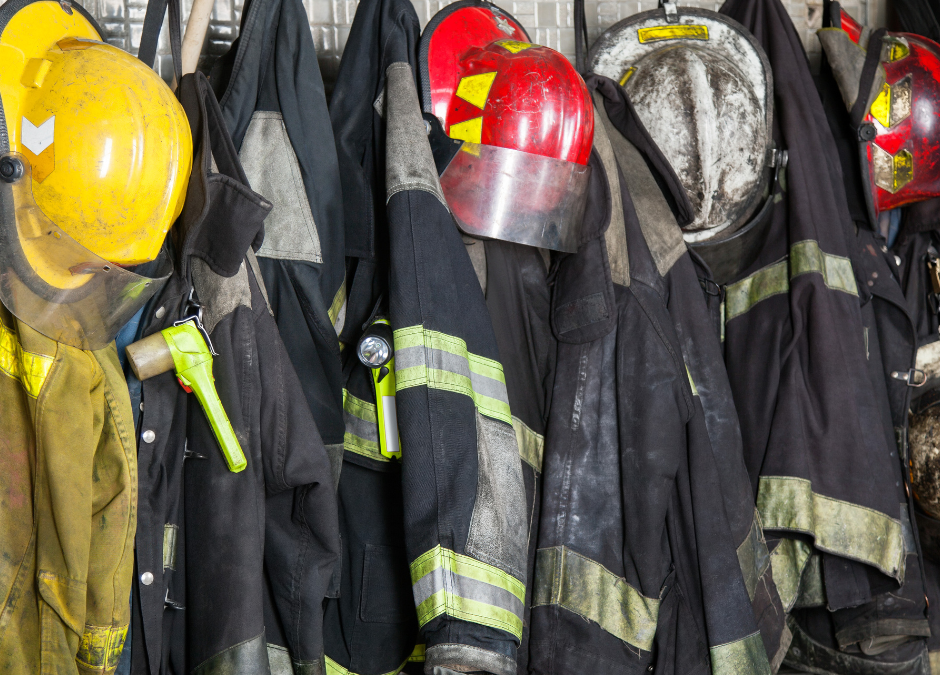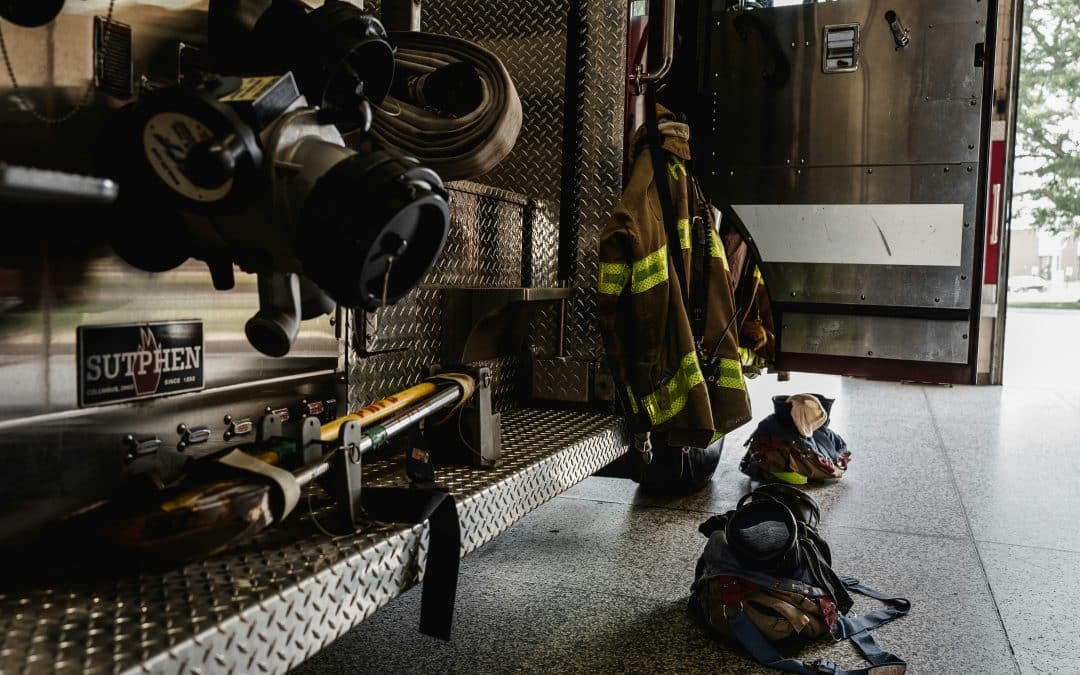
What It Takes To Become an Oklahoma Fire Marshal
Becoming an Oklahoma Fire Marshal is a professional milestone that demonstrates your understanding of fire prevention, investigation, community risk, and leadership at a high level. The Fire Marshals Association of Oklahoma (FMAO) has set clear minimum standards so that anyone holding the title can meet the expectations of their community and their organization.
This article walks through what those requirements look like, why they matter for public safety, and how training can help you get there.
Understanding the Oklahoma Fire Marshal Role
A Fire Marshal plays a central role in protecting communities through fire prevention, code enforcement, public education and oversight of investigation work. The position requires a strong understanding of how buildings function, how risks develop, and how to apply fire and life safety codes consistently and fairly.
The FMAO bases its certification expectations on the job performance requirements historically outlined in NFPA 1037. While these responsibilities now fall under the consolidated NFPA 1030 standard, the core expectations remain the same: Fire Marshals must be able to manage prevention programs, lead inspection and enforcement efforts, support origin and cause investigations, and guide public education and community risk reduction. Mentioning the consolidation is useful for clarity, but the practical work of the Fire Marshal has not changed. Only the document that houses the standard has.
Understanding the Fire Marshal role helps clarify why Oklahoma has established such detailed certification requirements. The responsibilities are wide-reaching, and the decisions made by Fire Marshals influence everything from development planning to emergency response readiness.
Minimum Requirements for an Oklahoma Fire Marshal Certification
Oklahoma has a formal credentialing process managed by the FMAO. Fire Marshal certification is offered at two levels: Basic Fire Marshal and Advanced Fire Marshal.
Basic Fire Marshal
To earn Basic Fire Marshal certification, applicants must hold at least four approved credentials, reviewed by the FMAO Credentialing Committee. These options include:
- Instructor I certification (IFSAC or Pro Board)
- Fire Investigator training through the National Fire Academy or IFSAC/Pro Board
- Fire Inspector I certification through IFSAC, Pro Board, or ICC (aligned with the new NFPA 1030 Fire Inspector standard)
- Fire and Life Safety Educator I
- At least two Community Risk Reduction self-study courses from the National Fire Academy
- Council on Law Enforcement Education and Training (CLEET) or an equivalent certification
This structure recognizes that Oklahoma Fire Marshals need both a broad skill set and formal, accredited training.
Advanced Fire Marshal
Advanced Fire Marshal certification builds on the Basic level. Candidates must first meet all Basic requirements, then hold at least four higher-level credentials. These include:
- Documented CRR continuing education over four years
- Fire Plans Examiner certification
- Fire Officer III or a bachelor’s degree in a related field
- Fire Inspector II (again aligned with NFPA 1030)
- Meeting the requirements to test as a Certified Fire Investigator, linked to NFPA 1033
- At least four years in a fire prevention division plus 60 college credit hours, including Fire Science or Criminal Justice coursework
Reaching the Advanced level demonstrates a Fire Marshal’s ability to work confidently with complex code issues while also shaping broader prevention strategies that keep communities safer.
Why Accredited Training Matters for Oklahoma Fire Marshals
The FMAO accepts certifications from recognized bodies such as IFSAC, Pro Board, and ICC. These organizations accredit entities that test individuals against national standards like NFPA 1030 and 1033.
For example, Pro Board describes its accreditation as a “gold standard” of third-party assessment, confirming that a certification program truly measures candidates against the relevant NFPA standard.
For Oklahoma agencies, this has real benefits:
- You can trust that Fire Marshal candidates have been evaluated against the same national benchmarks.
- Certifications are recognized across the country, making them valuable for mutual aid work and regional fire service collaboration.
- It becomes easier to build a training and promotion framework inside your department that lines up with FMAO expectations.
The need for high-quality, accredited training is highlighted by Oklahoma’s fire-service realities. In 2023, the U.S. Fire Administration reported that 400 Oklahoma fire departments submitted NFIRS data. Fire casualties in the state averaged 2.6 deaths and 2.7 injuries per 1,000 fires, compared to national averages of 2.1 deaths and 6.4 injuries.
On top of that, around 80% of Oklahoma fire departments are entirely volunteer, which puts extra pressure on training systems to be accessible and efficient, when volunteers juggle day jobs, family responsibilities, and training hours, online and blended options become essential for building a Fire Marshal pipeline.
How To Prepare for Fire Marshal Certification in Oklahoma
If you are an Oklahoma fire professional thinking about the Fire Marshal path, it helps to see it as a planned progression rather than a single step.
1. Map Your Current Certifications
Start by comparing your current certifications and experience against the FMAO Basic Fire Marshal criteria. Ask yourself:
- Do I already hold Instructor I, Fire Inspector I, or Fire Investigator training?
- Have I completed any National Fire Academy CRR self-study courses?
- Do I have any law-enforcement related training such as CLEET or equivalent?
This will show you which “four of the list” you already meet and where the gaps are.
2. Plan NFPA-Aligned Training
Next, identify NFPA-aligned training that fills those gaps. Many professionals will focus on:
- NFPA 1030 Fire Inspector (IFSAC, Pro Board, or ICC)
- NFPA 1033 Fire Investigation training
- Fire and Life Safety Educator I and CRR coursework
- Higher-level leadership or degree pathways if Advanced certification is a long-term goal
Online, self-paced courses play a big role here, especially for rural or volunteer-heavy departments that struggle with travel and backfill.
3. Build Experience and Documentation
FMAO requires not just certificates, but also proof of time in a fire prevention division and relevant college hours at the Advanced level. Keeping accurate training logs, transcripts, and position descriptions will make your application smoother when you are ready to submit.
Bringing It All Together
Becoming a Fire Marshal in Oklahoma means much more than meeting a checklist. It is about building a broad and deep foundation in inspection, investigation, risk reduction, education, and leadership, supported by national standards.
In a state where most departments rely on volunteers and where hundreds of agencies contribute to the fire-safety picture, consistent, accredited training and clear minimum standards help keep communities safer.
If your next step is to move toward Fire Marshal certification, the most important thing you can do now is to understand the standards, plan your training around NFPA-aligned, accredited courses, and start documenting your experience. The work you do today in inspection, investigation, and community risk reduction is already part of what it takes to become a Fire Marshal in Oklahoma.
At FireWise, our Pro Board-accredited Fire Inspector (NFPA 1030) and Fire Investigation Origin & Cause (NFPA 1033) programs are designed to help you build the skills and qualifications needed for fire inspection, investigation, and prevention.
Ready to plan your pathway? Get in touch with our team today.
